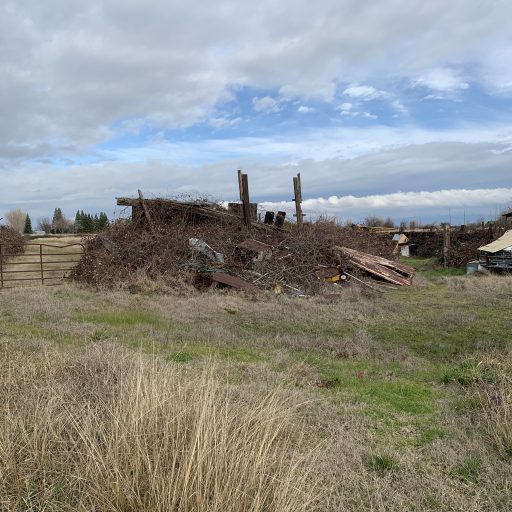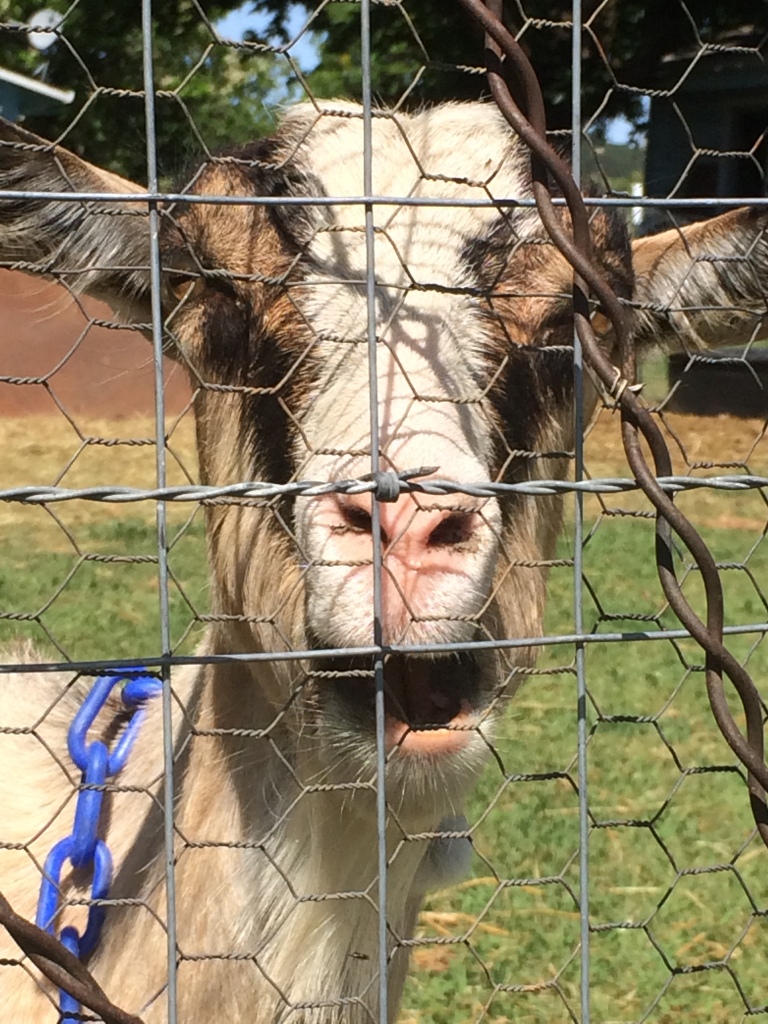
When I am not backspacing the black keys with whited letters and deleting an error that I find essential to be wiped out; a letter, word, phrase, an entire sentence, or paragraph, the dust is piling up. I can NEVER bring myself to delete an entire page or document––that is asking too much. I hit save and forever in cyber space, up and into the cloud it floats. It floats until I go searching and demanding its return. Errors float upward and dust floats downward.
I, the industrious error-saver, need to refer to former mistakes. That is how I learn to do better. The problem lies within black font on the white page: How do I know it is indeed a mistake, or just what someone says is? One must ponder many hours for an answer, and I don’t have time. (I have dusting to do.)
A good place to begin trusting is the red squiggly line in the body of text––who can miss it? Or the blue double-underline. Thanks to a nefarious software update, I now must fight the purple line indicating a grammar usage error. Au contraire my friend! I sit before the screen . . . smug and self-righteous knowing this program is not always correct! I wonder what Tolkien, Shakespeare, or Hemingway would have done with this purple monster. I wish to write outside the box, of sentence structure extraordinaire. (Hmm. Maybe I should wait until I’m famous because no one seems to appreciate this flair.)
These colors bring as much anxiety of the returned, red-inked homework in grade school. It is the first clue that someone, rather, someone ‘out there’ believes it to be an error and must be obliterated like the dust off an entertainment center. Whoosh! Gone with the wind.
A clean household requires furniture and objects resting on them be dusted with a puff of ostrich feathers. While performing this sneeze-inducing chore, I pretend that I am deleting phrases, misspellings, dangling modifiers, and comma splices with the flick of my wrist––believe me, there are plenty of both. Yet the feather duster sends it to the cloud and unlike The Cloud, dust returns all on its own––no searching for it finds me!
In my white-glove post-dusting test, a phenomenon had come to light. Perhaps it was the white of the glove trailing through the overlooked dust upon the black table that invoked the revelation: I love black upon white and vice versa!
I love problems that can be solved with black and white precision. I love a white page on the computer screen filled with black text. (Unless it is an unpaid invoice.) I love white vehicles (like my Toyota) trimmed in black. I love my house of white with windows trimmed in black. I love my kitchen cabinets painted white with black pulls on them. I’m guessing that you, dear reader, can guess the color of the countertop.
It is safe to say, “Janet loves white things trimmed with black.” Most theorize it reflects her tendency to interpret life in black and white. Who am I kidding? No one ‘out there’ is sitting posed as the thinker sculpture ruminating the psychology of my idiosyncrasy.
I do tend to take things quite literally. Yet I have learned life is not that way. Everything is gray and covered in dust.”











